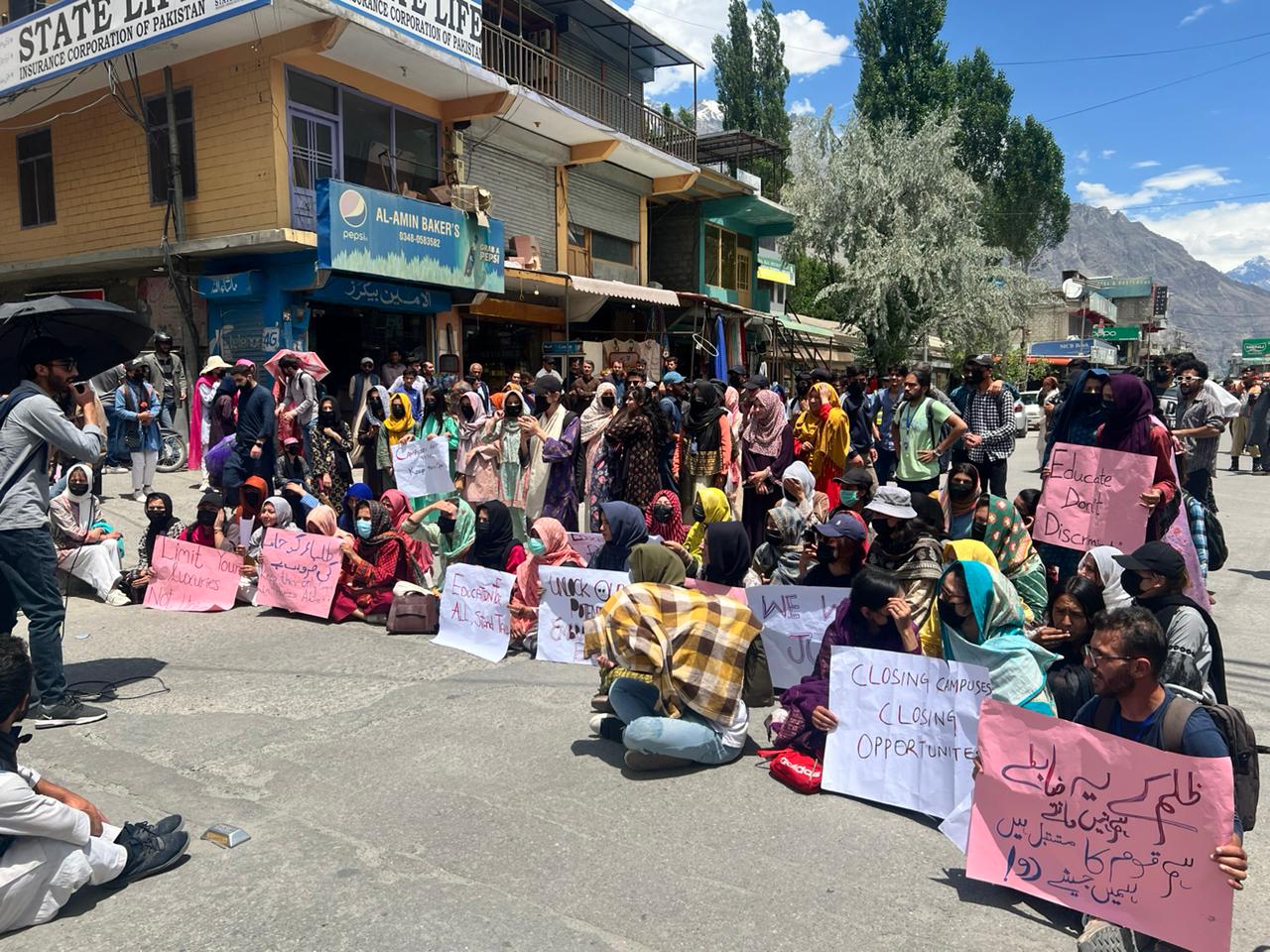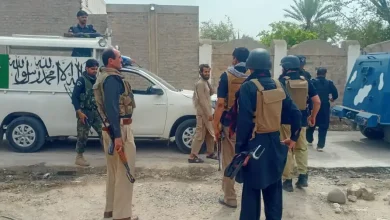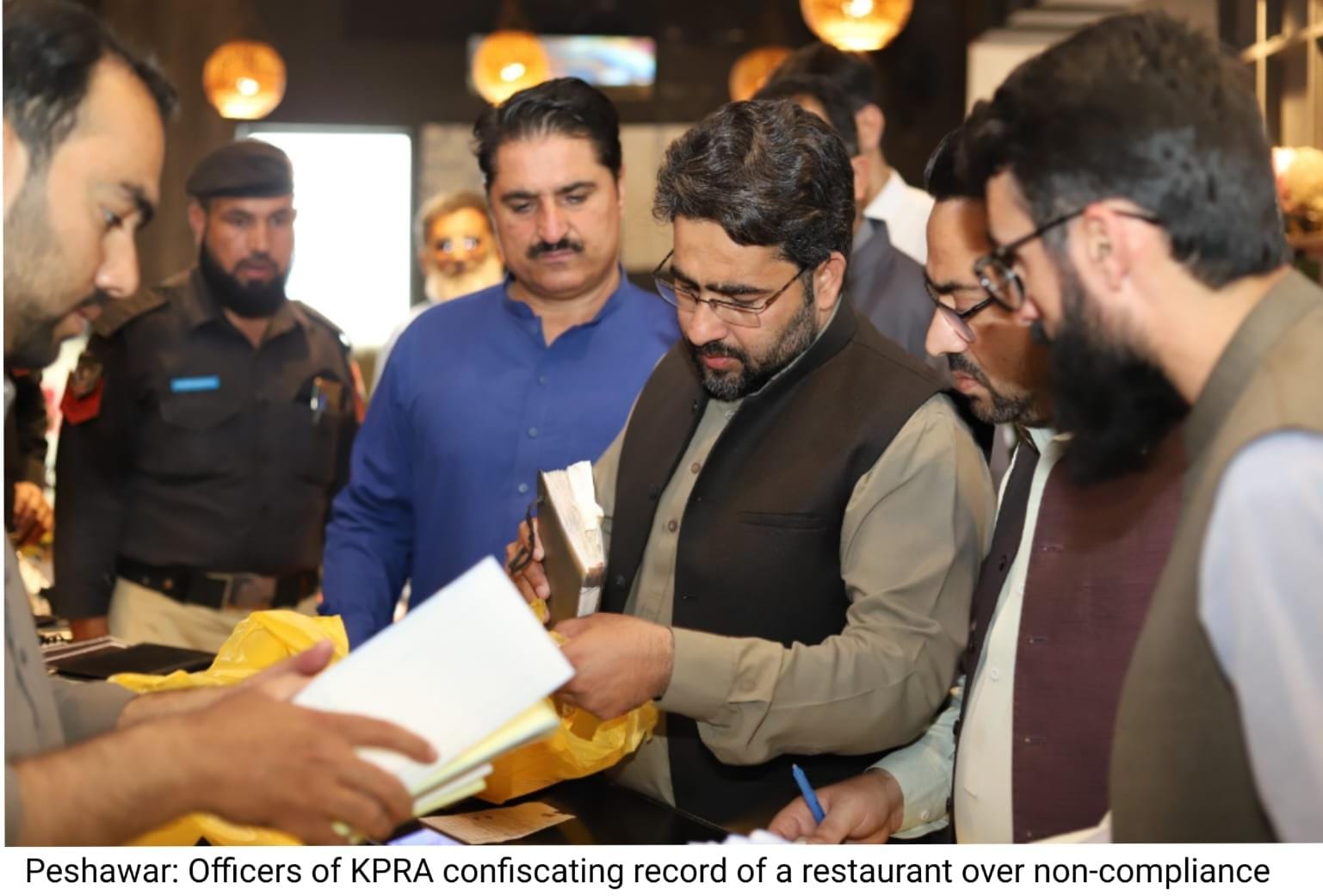In a press conference on Wednesday, Pakistan’s leadership issued a stern warning to India amid escalating tensions following the April 22 Pahalgam attack in Indian-occupied Kashmir that killed 26 civilians.
Deputy PM and Foreign Minister Ishaq Dar declared: “I have made it very clear, on behalf of the government and the nation, that Pakistan will not be the first one to resort to any escalatory move. However, in case of any escalatory move by the Indian side, we will respond very strongly.”
Dar strongly rejected Indian allegations of Pakistani involvement: “Pakistan has nothing to do with the Pahalgam incident, period… It is preposterous to even suggest any kind of association of Pakistan with this incident.”
He accused India of repeating its “Pulwama template,” stating: “They have done it before and resorted again to the same to what they did in the Pulwama incident… It has become a very familiar template aimed at diverting attention from India’s inability to suppress the inalienable right of Kashmiris to self-determination.”
On India’s suspension of the Indus Waters Treaty, Dar issued a grave warning: “The National Security Committee has made it very clear that any attempt to stop or divert the flow of water belonging to Pakistan… would be considered an act of war. It is equal to an attack on the people of Pakistan and its economy.”
DG ISPR Lt Gen Ahmed Sharif Chaudhry revealed alarming intelligence: “We have credible intelligence that Indians post-Pahalgam have tasked all their proxies to undertake terrorist acts everywhere in Pakistan.”
He exposed flaws in India’s narrative about the attack location: “If you see the terrain, you will see it is quite hilly… The distance from the incident site to the nearest police station was 30 minutes. How could an FIR be registered in 10 minutes?”
The military spokesperson presented damning evidence: “Indian media was the first to show footage of the [Jaffar Express] attack that was shot by the BLA… There you see the collusion, how the choreography is carried out: first projecting and predicting where we will strike, then the attack happens, followed by its glorification on social media.”
Both leaders condemned rising anti-Muslim rhetoric in India. DG ISPR noted: “The tourists who came in taxis belonging to Muslims, they stayed in hotels owned by Muslims, they ate food cooked by Muslims… and after the attack, they were covered and protected by Muslims. The first person to die was Muslim.”
Dar posed six pointed questions to the global community, including: “Is it not time for the international community to hold India accountable for its transnational assassinations?” and “Can we deny that the dangerous Indian brinkmanship can potentially lead to disastrous consequences in a nuclearised region?”
The DG ISPR concluded with an unequivocal message: “Rest assured that the people of Pakistan, with its full resolve, will defend the territorial integrity and sovereignty of Pakistan at all costs.”
As tensions reach dangerous levels, Pakistan’s leadership has drawn a clear red line while maintaining its commitment to peace. The world now watches anxiously to see whether diplomacy or confrontation will prevail between the nuclear-armed neighbors.
Also read: Allegations of police torture in Hunza, citizen seeks FIR against officials







